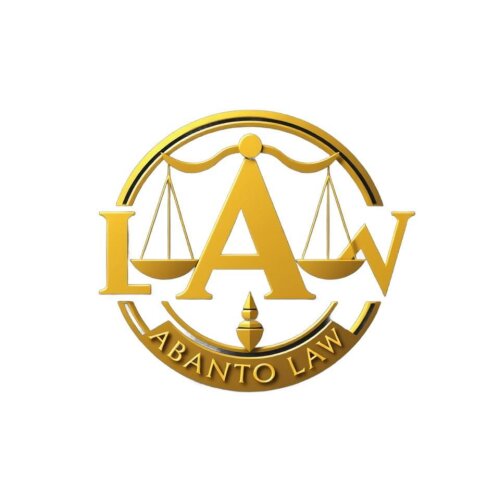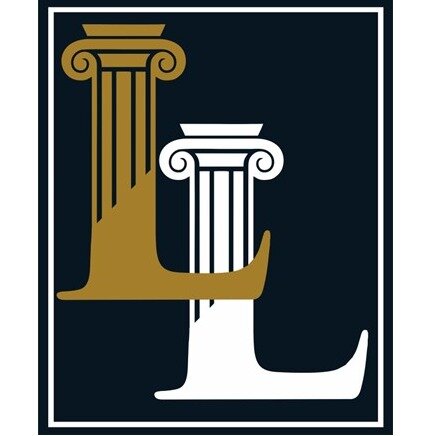Best Animal Law Lawyers in Philippines
Share your needs with us, get contacted by law firms.
Free. Takes 2 min.
Or refine your search by selecting a city:
List of the best lawyers in Philippines

Dagsaan Monterde Castillo Law and Notary Public (DMC LAW)
15 minutes Free ConsultationAbout Animal Law in the Philippines
Animal Law in the Philippines is primarily concerned with the protection and welfare of animals. It focuses on ensuring humane treatment, preventing cruelty, and regulating the interactions between humans and animals. Relevant statutes and regulations relate to various aspects, including animal welfare, rights, and the responsibilities of animal owners. The primary legislation is the Animal Welfare Act of the Philippines (Republic Act No. 8485), which has been amended by Republic Act No. 10631 to enhance the protective measures for animals.
Why You May Need a Lawyer
There are several scenarios where seeking legal advice in the field of Animal Law in the Philippines might be necessary:
- Animal Cruelty Cases: If you witness or suspect animal cruelty or abuse, a lawyer can help report the case and navigate the legal process to ensure justice.
- Companion Animal Disputes: Legal conflicts involving pet ownership, such as custody disputes or neighbor complaints about pets, may require legal intervention.
- Animal-Related Injuries: If an animal causes injury to a person or another animal, legal assistance might be required to address liabilities and compensation.
- Regulatory Compliance: For those involved with businesses concerning animals, such as farms or veterinary practices, understanding and complying with regulations is crucial.
- Environmental or Wildlife Protection Issues: Lawyers can assist in handling cases related to endangered species or habitat protection.
Local Laws Overview
Key aspects of local laws relevant to Animal Law in the Philippines include:
- Animal Welfare Act (RA 8485): Focuses on the humane treatment of all animals, mandates proper housing, nutrition, and medical care, and prohibits cruel acts.
- Penalties for Cruelty: Under the amended Animal Welfare Act, those convicted of animal cruelty face fines and imprisonment, depending on the severity of the offense.
- Local Ordinances: Various cities and municipalities may have additional animal-related regulations, especially concerning pet ownership and wildlife protection.
- Wildlife Resources Conservation and Protection Act (RA 9147): Protects wildlife and their habitats, regulating activities in areas identified as critical habitats and conservation areas.
Frequently Asked Questions
What is considered animal cruelty under Philippine law?
Animal cruelty includes any act causing unnecessary suffering or harm, such as physical abuse, neglect, abandonment, or failing to provide adequate nutrition and medical care.
Can I report animal abuse anonymously?
Yes, you can report animal abuse anonymously through local animal welfare organizations or law enforcement agencies.
What are the penalties for violating the Animal Welfare Act?
Penalties can include imprisonment and fines, with specific punishments depending on the offense's severity and its impact on the animal's well-being.
Are there specific regulations for pet shops and breeders?
Yes, they must adhere to standards set by the Animal Welfare Act, which includes providing suitable living conditions, necessary medical care, and adherence to breeding regulations.
How can I help promote animal welfare in my community?
Engage in advocacy, support local animal shelters, educate others on animal rights, and report cases of suspected cruelty or neglect.
What is the role of the Bureau of Animal Industry (BAI) concerning Animal Law?
The BAI is responsible for enforcing animal-related regulations, conducting inspections, and overseeing animal welfare standards across the country.
Do local governments have separate laws on animals?
Yes, cities and municipalities can enact ordinances about pet ownership, stray animal control, and other community-specific issues related to animals.
What rights do pet owners have if their pet causes harm?
Pet owners may need legal defense to address liability issues, although pet behavior training and preventative measures are recommended to avoid incidents.
Is wildlife protection a part of Animal Law?
Yes, wildlife protection is integral to animal law, focusing on conservation, habitat preservation, and addressing illegal wildlife trade and exploitation.
How do I resolve pet custody issues if separating from my partner?
Legal guidance may be necessary to address pet custody, especially if both parties have maintained a strong bond with the animal.
Additional Resources
Here are some suggested resources and organizations related to Animal Law in the Philippines:
- Bureau of Animal Industry (BAI): A government agency responsible for animal welfare affairs and regulation enforcement.
- Philippine Animal Welfare Society (PAWS): A prominent organization advocating for animal rights and welfare that offers educational resources and support.
- Local Animal Shelters and NGOs: Various shelters and non-governmental organizations provide resources, assistance, and opportunities for community involvement in animal welfare.
Next Steps
If you need legal assistance in Animal Law in the Philippines, consider the following steps:
- Consult with a specialized Animal Law attorney who understands local and national regulations.
- Gather all relevant information and documentation related to your case or inquiry.
- Contact local government units or outfits like PAWS to gain preliminary guidance and direct you towards additional resources or legal experts.
- Consider participating in awareness programs or advocacy to better understand your rights and responsibilities concerning Animal Law.
Lawzana helps you find the best lawyers and law firms in Philippines through a curated and pre-screened list of qualified legal professionals. Our platform offers rankings and detailed profiles of attorneys and law firms, allowing you to compare based on practice areas, including Animal Law, experience, and client feedback.
Each profile includes a description of the firm's areas of practice, client reviews, team members and partners, year of establishment, spoken languages, office locations, contact information, social media presence, and any published articles or resources. Most firms on our platform speak English and are experienced in both local and international legal matters.
Get a quote from top-rated law firms in Philippines — quickly, securely, and without unnecessary hassle.
Disclaimer:
The information provided on this page is for general informational purposes only and does not constitute legal advice. While we strive to ensure the accuracy and relevance of the content, legal information may change over time, and interpretations of the law can vary. You should always consult with a qualified legal professional for advice specific to your situation.
We disclaim all liability for actions taken or not taken based on the content of this page. If you believe any information is incorrect or outdated, please contact us, and we will review and update it where appropriate.
Browse animal law law firms by city in Philippines
Refine your search by selecting a city.














